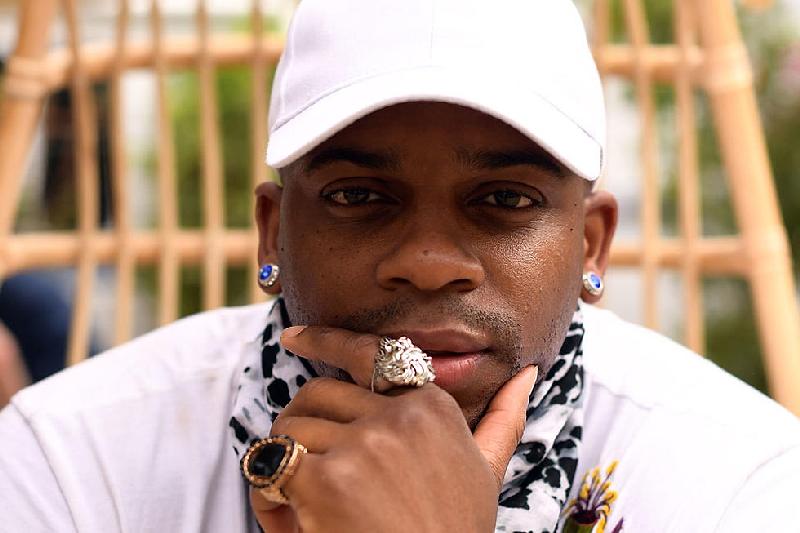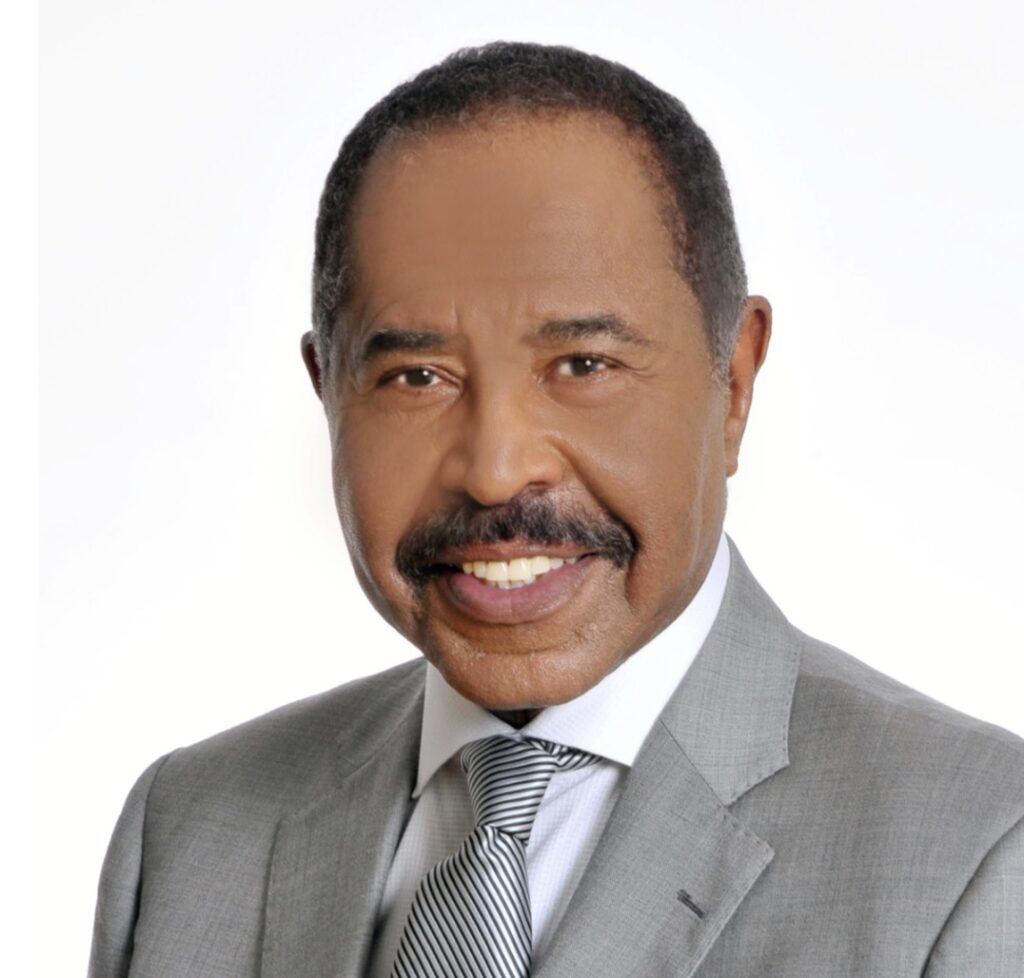
*After two years of the global pandemic, the Living Legends Foundation will finally celebrate its 30th anniversary, at the Tagalyn Complex in Hollywood, California on Friday, October 7, 2022.
EURWEB’s longtime contributor Gwendolyn Quinn interviews Ray Harris, founder and Chairman Emeritus of the Living Legends Foundation, who initially interviewed Harris for the organization’s silver anniversary in October 2016. Harris reflects on the early years of the organization.
Before the organization was officially incorporated, then Warner Bros. Records hosted a Living Legends Luncheon at the Impact Convention at Bally’s Hotel & Casino in Atlantic City, New Jersey, and a year later the inaugural Living Legends Foundation was held at Bally’s for a few years thereafter.
At both events, many of the top recording artists were honored including Chaka Khan, Quincy Jones, Little Richard, Curtis Mayfield, Mavis Staples, Robert “Kool” Bell, Mary Wilson, and the late Ruth Brown and Melvin Van Peebles, along with radio icon Jack the Rapper.
MORE NEWS ON EURWEB: Don Lemon Speaks on Chris Cuomo on ‘Comedy Central’s Hell of A Week with Charlamagne Tha God’ | WATCH
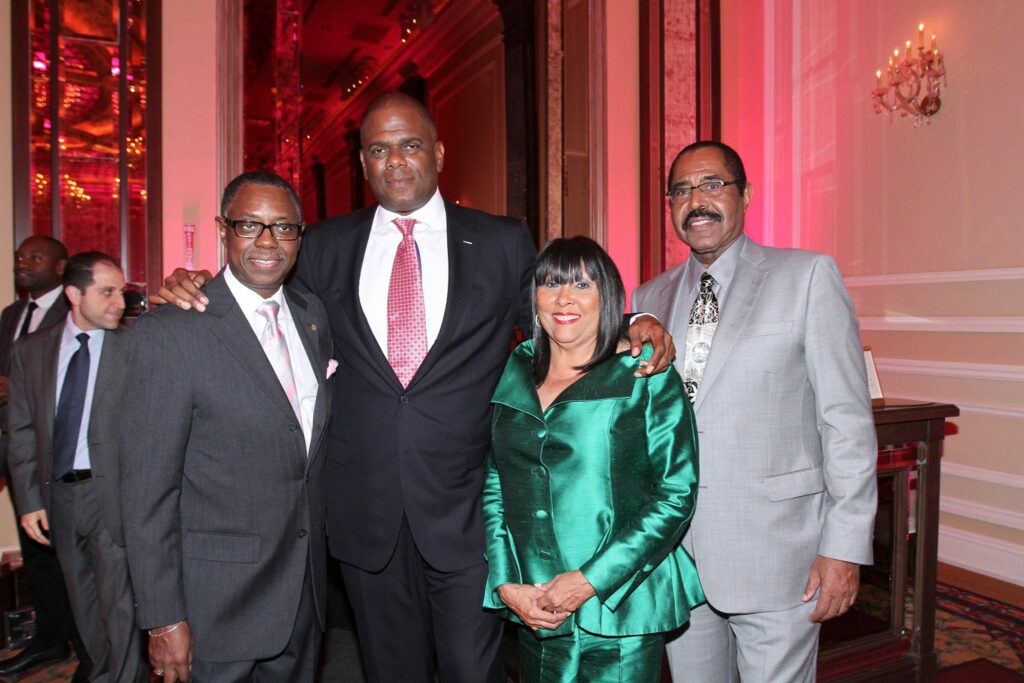
Gwendolyn Quinn: How does it feel to know that the Living Legends Foundation that you co-founded has been around for 30 years, and has grown and become a viable organization that helps people?
Ray Harris: When I approached the late Jerry Boulding with the idea of starting this organization and its mission, I knew it was much needed. Thankfully, the past chairpersons, officers, and board members, also saw the vision and added their expertise and time to bring the organization where it is today. It is humbling to see my vision last through the years, but it could not have been possible without a long list of people who put in the work for the Living Legends Foundation. I will be eternally grateful for their efforts, as I am sure Jerry would be if he was here today.
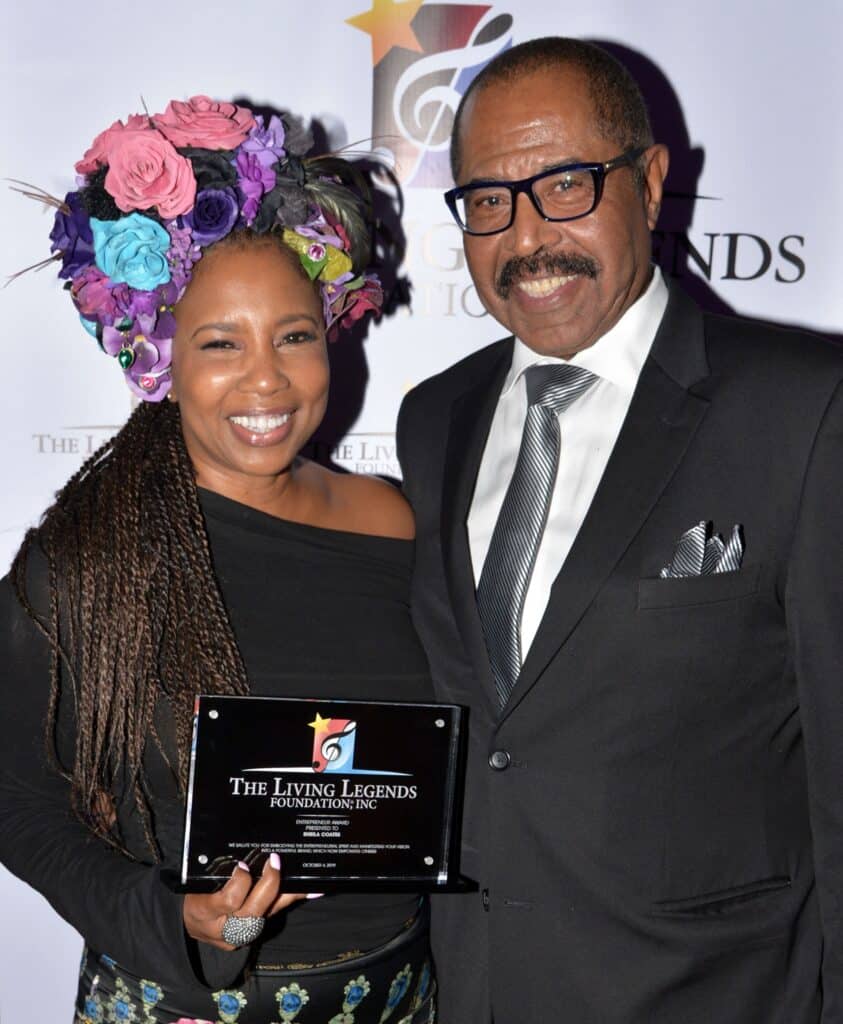
GQ: Over the years, you have been a mentor to many Black executives, who were your mentors?
RH: When I entered the record business, my first position was as a product manager. In that role, I had to interact with the various departments, which included A&R, promotions, sales, publicity, and business affairs. My position as a product manager was pivotal in learning all the aspects of the record business. I didn’t have many mentors but Tom Draper and Ray Anderson, who worked at RCA were instrumental in my development.
I was born and raised in Harlem, and I remembered a slogan, “Each One, Teach One” from the Harlem Rucker Basketball program. I brought that philosophy with me into the music business. I believe we must all share our knowledge, so we can all grow.
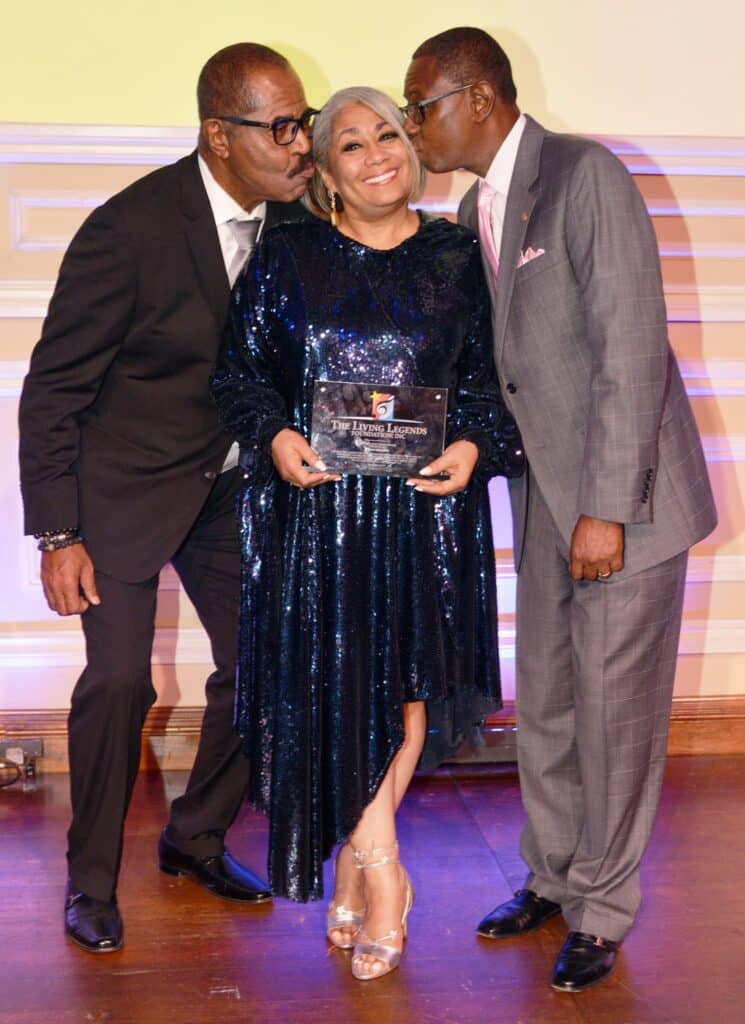
GQ: Looking back, which year was the most significant to you in the history of the organization, and why?
RH: The first gala was the most significant to me because it established the organization. Initially, there were a lot of naysayers, who didn’t want to be involved, nor believed we could pull it off. Many were my friends, as well as Black music executives. That’s why I am so grateful to all the people who did believe in the vision and put their time and effort to make this organization happen. There have been several Black music organizations that have come and gone, but none with the longevity of the Living Legends Foundation. And with the leadership of our current Chairman David Linton, officers, and board members, I am confident that the Living Legends Foundation will be around for a long time. We are just getting our stride.
GQ: What was your favorite awards gala event and why?
RH: All the awards gala were favorable. Some years were special because of the artists that attend the dinner. I remember looking into the audience and I would see Chuck Berry, Kenneth Gamble, Leon Huff, Lena Horne, the Isley Brothers, and many of the younger stars in the business.
GQ: Throughout the history of the organization, which honoree or person was the most memorable and why?
RH: I guess it would be 1995 when Barbara Lewis brought Lena Horne to the dinner. My mother was a big Lena Horne fan, and when I showed her a picture of Lena Horne and me, the expression on her face was priceless.
GQ: Throughout the years, if you had the opportunity to change something about the organization, what would it be?
RH: I would have worked on bringing more young people to the organization; but under the leadership of David Linton, he has begun to make that happen.
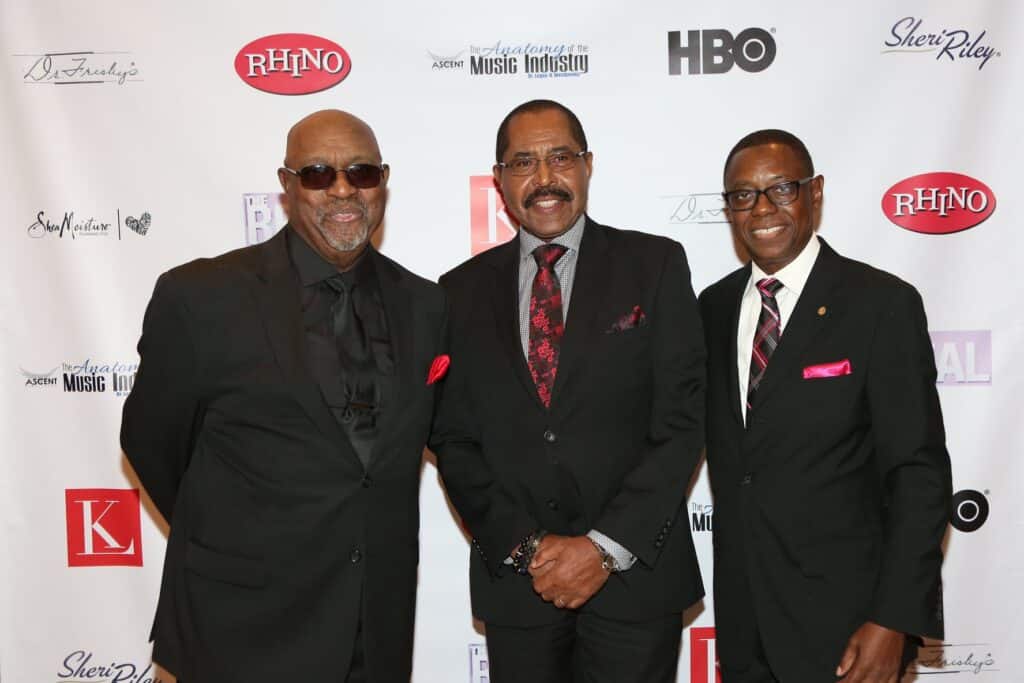
GQ: With the current leadership of the organization, if you had to give them some advice, what would you tell them and why?
RH: To stay true to the values and mission of the organization. Again, David Linton, the officers, and board members are doing a great job of expanding the platforms including scholarship and mentoring programs, and our new podcast, “Music Day – A Verified Hit.”
GQ: Share your thoughts about the State of Black Music.
RH: I’m in retirement and I don’t keep up with the daily movements within the music business. There are some obvious observations; Black music is the dominant genre today and Black artists are dominating the charts. Also, there are more Black executives in key positions, but not enough based on the profitability added to the bottom line of these companies. I would love to see more Black chairpersons and presidents of these major companies.
GQ: As part of your legacy, what would you want people to know about the Living Legends Foundation and its importance?
RH: The Living Legends Foundation honors those behind the scenes in the music business. We also offer a lifeline of financial support to those among us who have fallen on hard times. Don’t wait until you get in a stressful position to reach out to the organization; help us build our platforms to serve more people.
Gwendolyn Quinn is an award-winning communications strategist and consultant with a career spanning more than 25 years. She is the Chief Content Officer of Global Communicator magazine. As a contributor, she has penned stories for NBCNews.com, Black Enterprise, Essence.com, Huff Post, and EURWEB.com.
We Publish News 24/7. Don’t Miss A Story. Click HERE to SUBSCRIBE to Our Newsletter Now!




